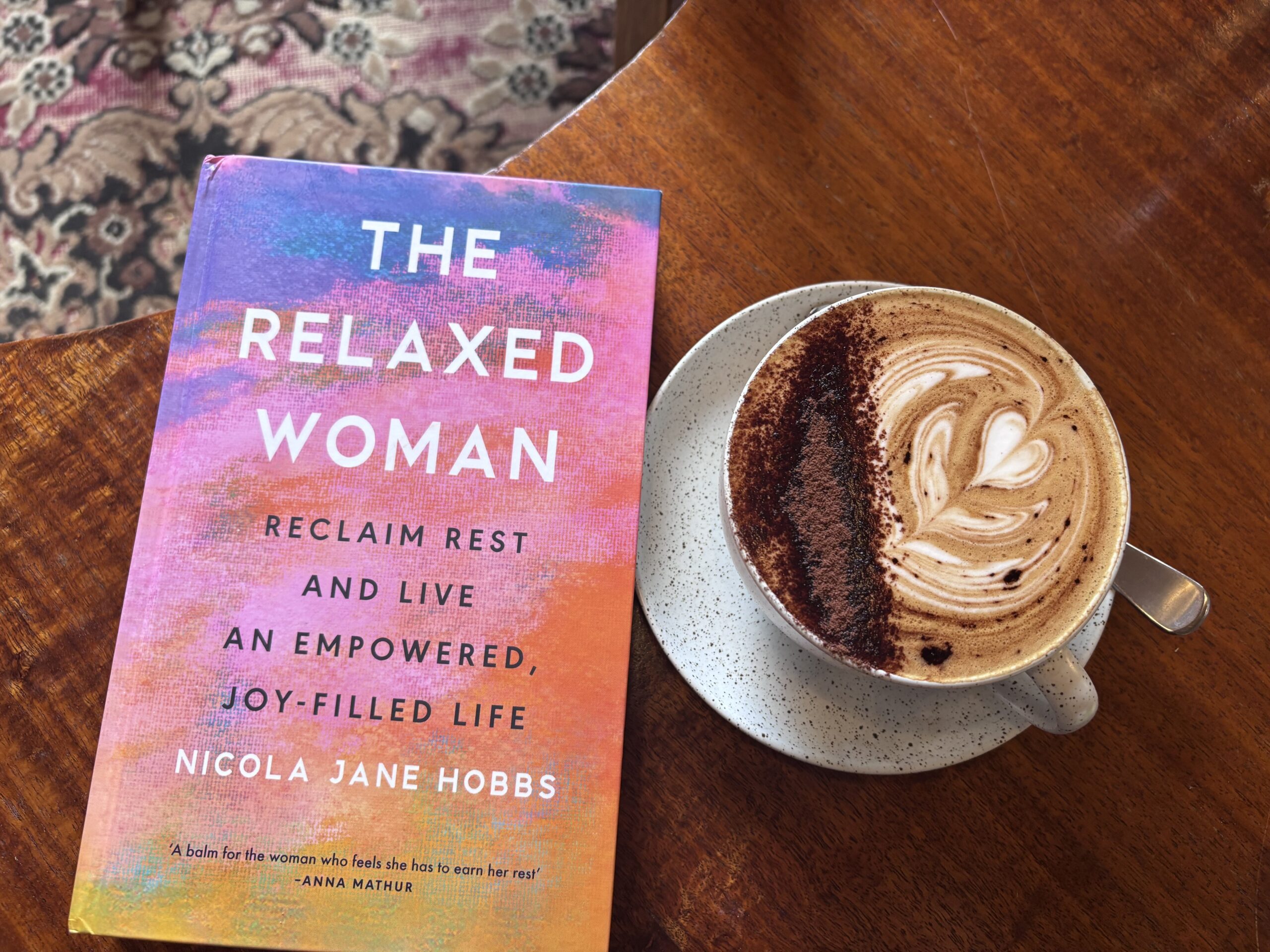Discover The Relaxed Woman by Nicola Jane Hobbs
“Instead of asking ‘Have I worked hard enough to deserve rest’, try asking ‘Have I rested enough to do my most loving and meaningful work’”
Have you ever thought that you need to ‘earn’ your rest? To do something productive like work, exercise, or finishing your to-do list before you ‘deserve’ to take a break? Or maybe you feel caught up in today’s hustle culture, feeling too busy to rest, despite feeling exhausted. Rest and relaxation appear to have become under-rated in our society, and this is exactly why Psychologist and Author Nicola Jane Hobbs has created her book ‘The Relaxed Woman’. Relaxation in this book is not just your stereotypical ‘putting you feet up’ or having a bubble bath; Hobbs describes relaxation as a revolutionary act of self-trust and embodied living- a form of liberation.
What You’ll Find Inside:
- An invitation to pause and reflect on your internalised beliefs (e.g. seeing resting as ‘lazy’ or a ‘waste of time’)
- Education about how cultural conditioning keeps us stuck in cycles of stress and busyness and how to use critical thinking to challenge this
- How these struggles perpetuate mental health conditions including anxiety, depression, eating disorders, and general struggles with self-worth
- Learn about the nervous system’s role in chronic overwhelm and how to gently reset it
- How to stop outsourcing your worth and start listening to your body
What is relaxation?
Interestingly, the term ‘relaxed’ comes from the Old French word ‘relaschier’ meaning ‘to release, to liberate, to set free’.
When we’re little, we have an innate capacity to play, wonder, live in the moment, and intuitively listen to our bodies and emotions. We freely laugh and cry, say no to things that don’t feel good for us, nap when we need, explore our imagination, and prioritise play. Unfortunately, many of us have lost touch with these instincts and sense of freedom. With this in mind, Hobbs reframes relaxation not as something that we need to learn how to ‘do’, but something to remember. With awareness and intention, we can remind our bodies it is safe to exist in the world with ease and intuition, and slowly return to our authentic selves.
This sounds wonderful! But, why do I find it so hard to relax?!
Here are some of the reasons why adults, even adolescents, find relaxation difficult:
- Cultural conditioning
- Fear of judgement/criticism leading to perfectionism and people-pleasing
- Shame for having needs
- Stress, trauma, feeling unsafe
- Hyper-independence and hyper-responsibility
- Misperceptions of rest as wrong, bad, lazy, unimportant or inconvenient
- Our internal rule-book of ‘shoulds’ (ie. a good/successful person ‘should’ be self-controlled, self-sacrificing; we ‘should’ work hard, push through, be disciplined)
- Toxic productivity and the mental load
- Our phones and always being ‘on’
……the list goes on!
Returning to relaxation:
“Instead of saying ‘I’m so busy’, try saying ‘My life is full today’; instead of saying ‘I’m not good enough’, start saying ‘my inner critic is loud today’; and instead of saying ‘I’m being so lazy, you could say ‘my body is tired today’”
Hobbs reassures us that relaxation can be returned to through becoming aware of and replacing the stress-inducing habits such as rushing, ruminating, masking, over-planning, and over-working with practices, skills, and rituals that soothe our nervous systems, build resilience, enhance our relationships, and enrich our lives.
Reconnecting with rest doesn’t mean giving up on ambitions and responsibilities, that we’ll never experience anxiety, or that we’ll live in a state of unwavering peace. Hobbs emphasises the restorative function of rest and how it can free up energy that we can put towards areas in life that matter most to us. As John Fitch and Max Frenzel say, ‘if we want to accomplish the big things we set out to do, we need a rest ethic as strong as our work ethic’.
-Jodie

